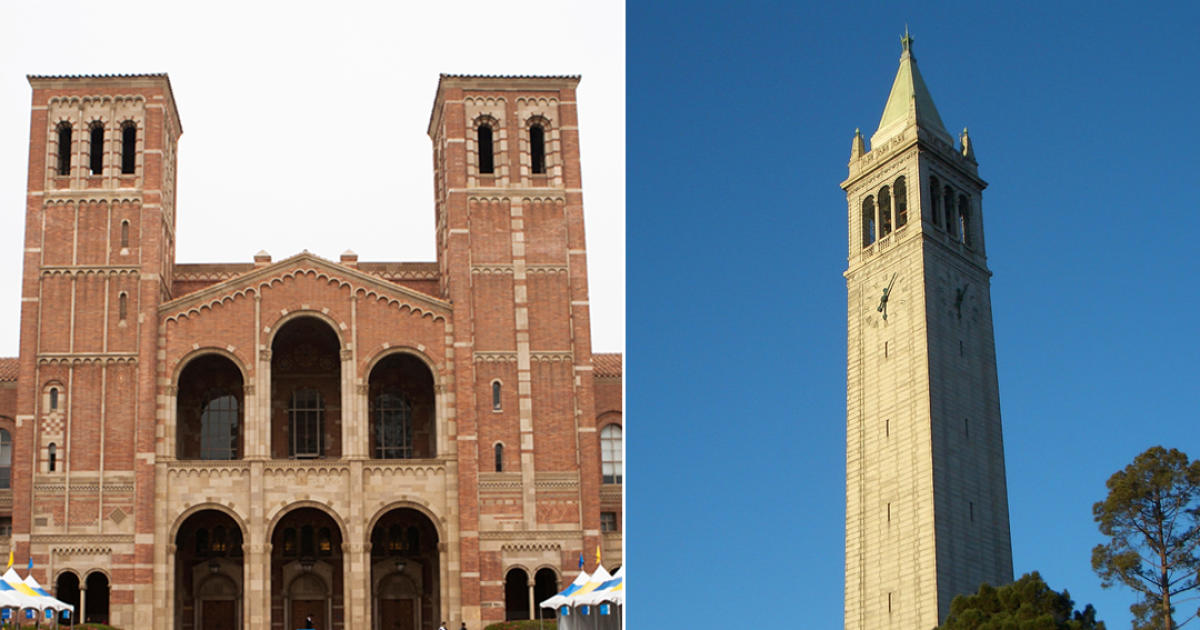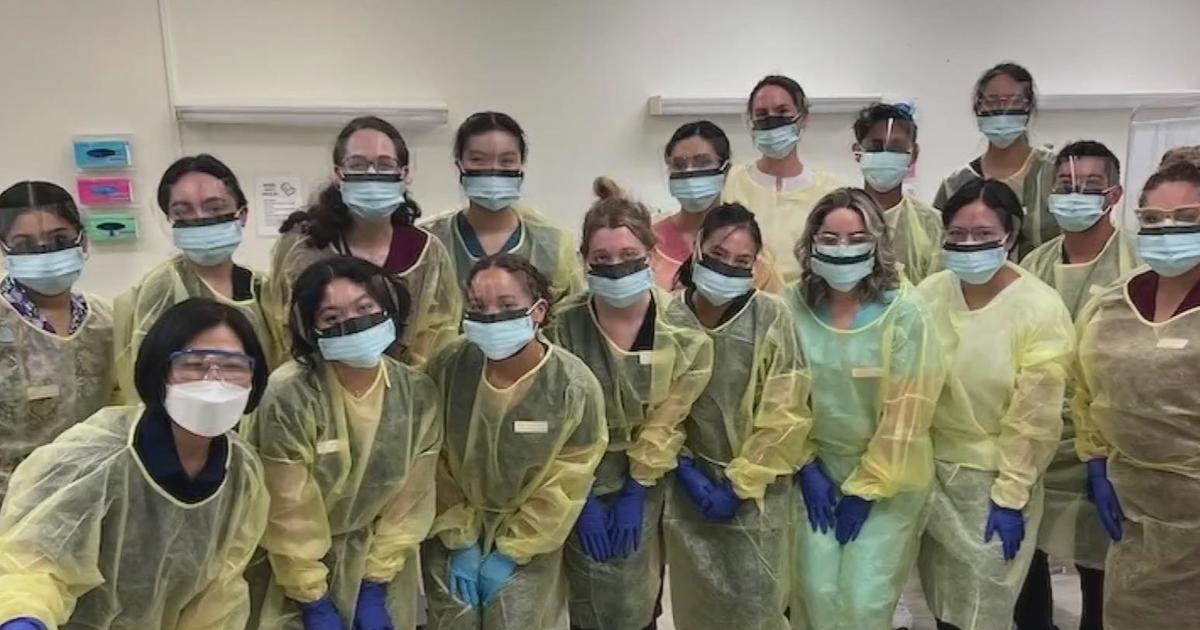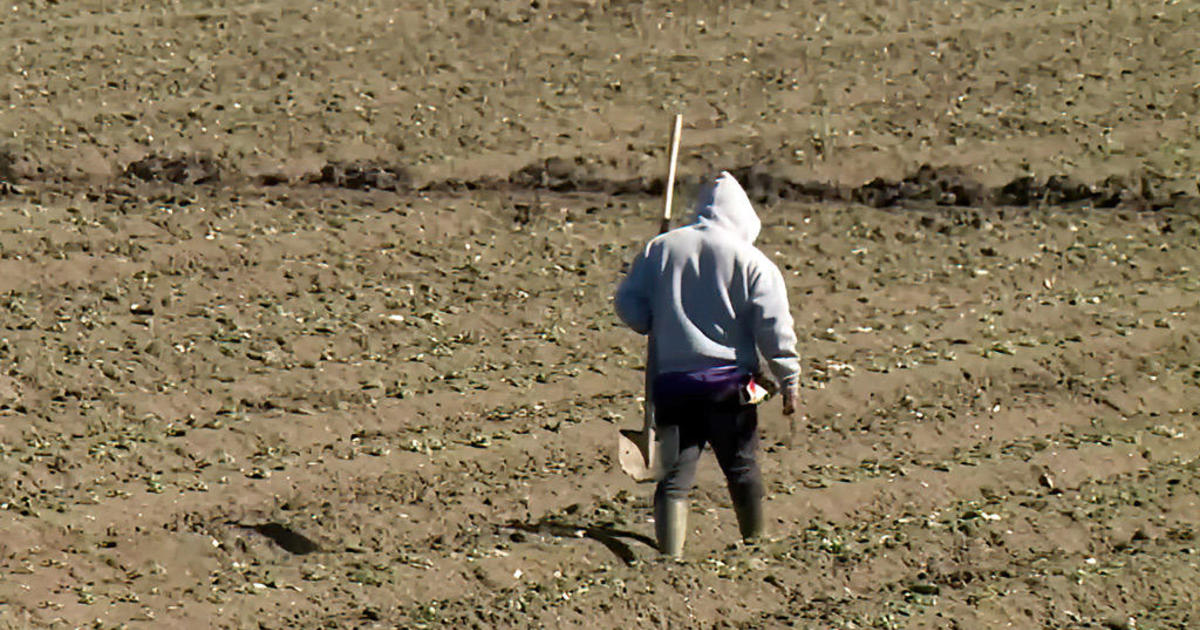'It's a scary time;' Lifelong Central Valley farmer threatened by drought conditions
LOS BANOS -- Cannon Michael and his family have deep roots farming the fertile fields of the Central Valley, but the worsening California drought has him on edge.
"It keeps you up at night and you wonder what the future is going to hold It's a scary time," Michael told KPIX.
He manages the Bowles Farming Company -- 11,000 acres of farmland located outside of Los Banos in Merced County and takes pride in his yearly harvest.
"I'm really humbled and proud to see what the land can produce," he told KPIX during a recent visit to his farm.
His family has farmed the fields for 6 generations and there's a good chance that you've enjoyed some of their bounties.
"We do both organic and conventional crops," he said. "We do a lot of tomatoes, both fresh and processed. We grow carrots, garlic, onions, We do melons, watermelons, cantaloupes, honeydews."
But like his contemporaries, the lack of rainfall has Michael casting a weary eye on the immediate future. This year, his farm saw a 25% cut in water supplies, and he knows there may be more.
That's why Michael is employing extraordinary measures to conserve water at all costs. His farm is primarily irrigated with river water imported from Northern California and every drop counts.
"I would say we don't waste water here at all," he said.
Michael and his team have invested millions of dollars in water-saving techniques. They use drip irrigation on 80% of the land they farm. To run the drip systems, the team added clean power in the form of solar panels to offset the electrical demand.
And he's changed his seasonal crop rotation -- 20% of the farm is now planted in the wintertime to avoid the summer heat and the highest demand for water.
To reduce evaporation and sequester carbon, the farm makes its own compost from the green waste trucked in from nearby cities and towns.
Michael employs workers to carefully scrutinize the contents of the compost bins and has them pull out any plastics or possibly toxic materials.
"We have quite a few people employed who actually sift through since people don't want to do the work themselves," he explained.
Then, a massive $1 million device pulverizes the freshly sorted organic material to make what Michael calls amazing compost. It's so good, that other farmers use it.
That said, Michael said he remains concerned for his farm, his employees and for the state of California.
He explained how the state's water systems are aging, outdated, and in deep trouble.
"The infrastructure investments haven't gone along at the same pace as population growth," he said.
And, according to scientists, the climate is warming faster than anticipated. California's average temperatures warmed 3 degrees in the past century. Reports project they may jump 2 more degrees in just 20 years.
The drought has forced many farmers to fallow their fields and lay off workers. As for Michael, his goal is to conserve as much water as possible, for as long as he can.




